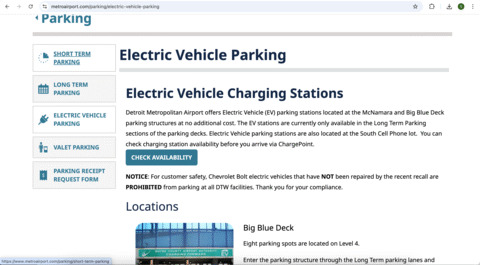State reps take aim at anti-poultry zoning
House bill would conditionally allow residents to raise chickens as egg prices peck at Michigan pocketbooks
Hens could lay in Michigan’s residential backyards under a bipartisan bill introduced in the state House in January.
House Bill 4049, introduced by Rep. James DeSana, R-Carlton, would allow up to five chickens per quarter-acre of property, with a limit of 25 chickens in residential areas. Rep. Jason Morgan, D-Ann Arbor, is a co-sponsor.
“Eggs are too damn expensive right now, and this legislation could make a real difference,” Morgan said in an email to Michigan Capitol Confidential.
The bill would allow people living under residential zoning restrictions to keep egg-laying hens on their property. If enacted into law, the bill would override local ordinances that ban hens in residential areas.
Any number of hens higher than the limit specified in the bill would be subject to local zoning laws. The bill would not ban local governments from enforcing nuisance laws on noise, hours of operation, or advertising. The bill allows cities to ban roosters, if they choose, because of possible noise complaints.
Response to bird flu has led to the slaughter of 6.5 million chickens in the last year, bill sponsor DeSana said in a press release, contributing to a spike in retail egg prices.
A 2019 law that took effect Dec. 31, 2024, is another factor influencing the price of eggs in the state. It requires all eggs sold in Michigan to come from cage-free hens.
The Michigan Department of Agriculture and Rural Development is reviewing the legislation and doesn’t have a stance, according to Jennifer Holton, chief emergency management communications officer.
The city of Midland bans chickens and livestock within city limits. However, the much larger cities of Detroit and Ann Arbor allow chickens.
Emily Dudley, a Midland resident, supports the bill and would like it to apply to people who own less than a quarter acre of land.
Dudley is preparing to lobby the Midland City Council to allow chickens, she told CapCon in an interview. She added that it is important for children to learn to raise animals and become more self-sufficient.
Dudley pointed to gray areas in the city‘s safety standards, which treat soil as safe to touch but presume that it is unsafe to eat animals raised on that soil.
Gardens and fruit trees are not prohibited, Dudley noted, and they grow in the soil.
Midland City Council members did not respond to an email seeking comment.
Midland, the home of Dow Chemical Company, bans chickens out of concern over potential dioxin contamination, according to a two-page fact sheet from the Michigan Department of Environment, Great Lakes, and Energy.
“Chickens can consume dioxins when they peck at the soil and eat insects from the ground,” according to the state document on poultry and livestock production. The fact sheet notes that Midland's ban does not apply along the lower Tittabawassee River or the downstream section of the Saginaw River.
Michigan Capitol Confidential is the news source produced by the Mackinac Center for Public Policy. Michigan Capitol Confidential reports with a free-market news perspective.


 Chickens OK in Detroit but not in Midland township
Chickens OK in Detroit but not in Midland township
 Michigan zoning laws target dollar stores
Michigan zoning laws target dollar stores
 Midland woman sues public schools over document charges for records
Midland woman sues public schools over document charges for records
.jpg)

 State climate conference to tout clean energy plans that will raise electricity costs
State climate conference to tout clean energy plans that will raise electricity costs
 Michigan State Police lease first EV at $1,062 per month
Michigan State Police lease first EV at $1,062 per month
 Michigan firefighters dumped 3,000 gallons of water on burning Tesla
Michigan firefighters dumped 3,000 gallons of water on burning Tesla